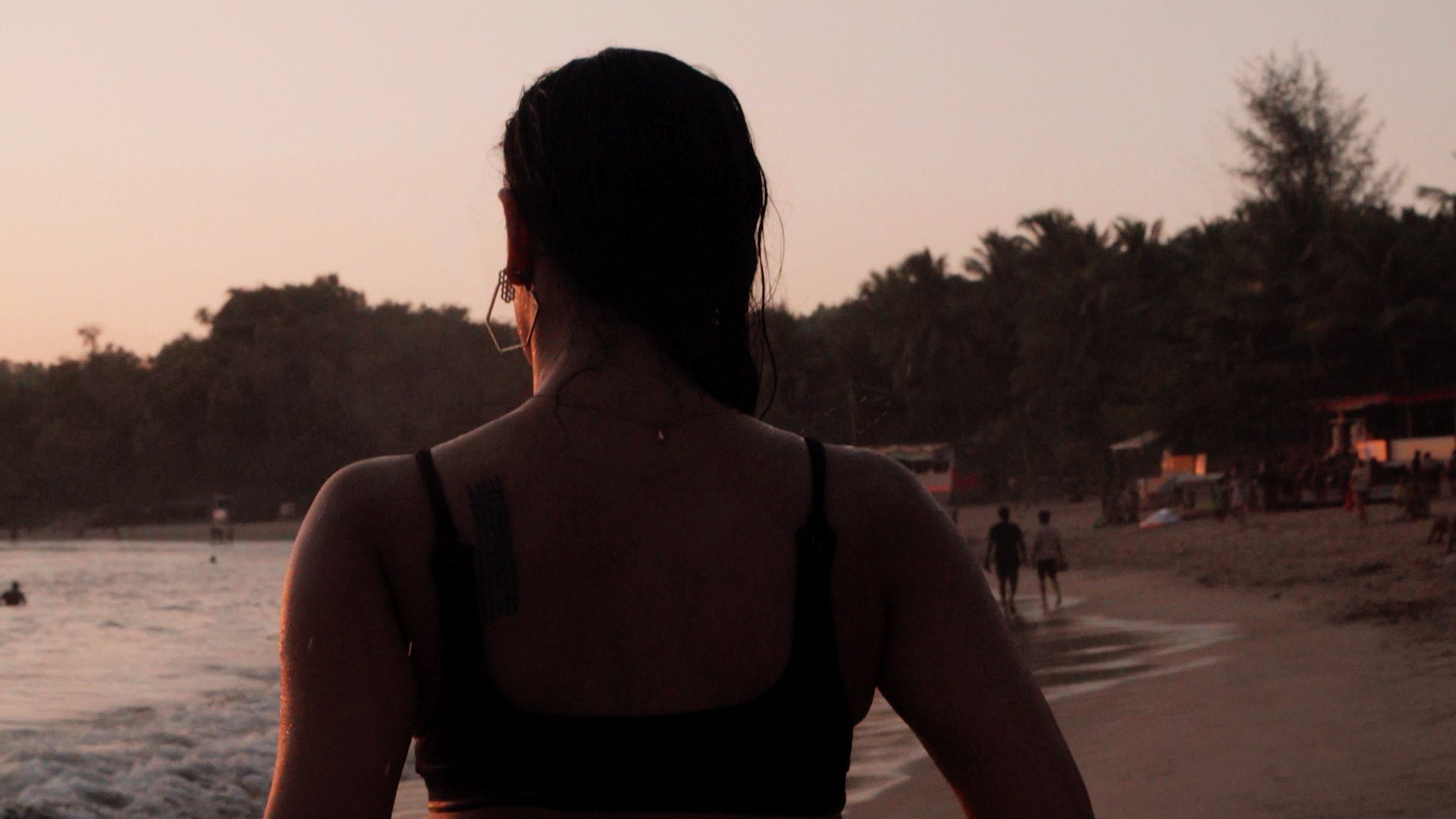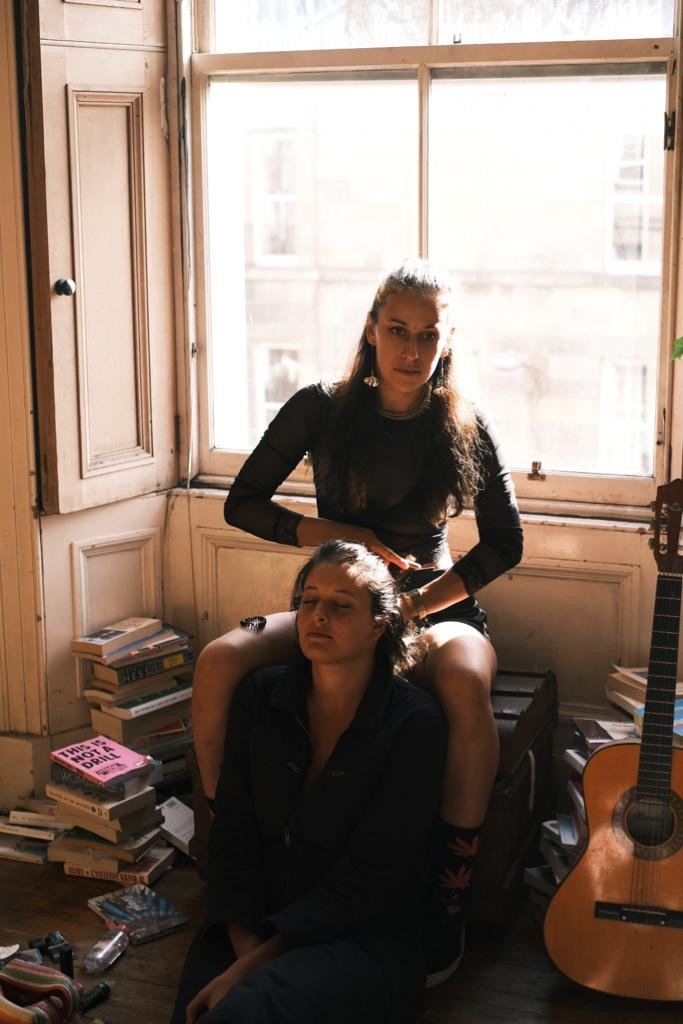
Our Story
Spit it Out began when the BBC aired Co-Founder Lea Luiz de Oliveira’s documentary, Spit It Out, for the first time. The film followed Bee’s journey, two years after being raped. Showing how she uses music, poetry and performance as a tool for recovery and how this helped her to regain her confidence and realise the power of sharing her experience in supporting other rape survivors.
Bee and Lea had become close friends and decided they wanted to continue the adventure together. The film acted as a springboard for what has become a vibrant community of artists, performers and partner organisations, such as Intercultural Youth Scotland, Summerhall Edinburgh, EHFM and CCA Glasgow, among others.
Discover more about the wonderful people who co-founded Spit it Out
This experience showed us that there was still a strong taboo around trauma. It felt impossible for people around us to open up about their mental health. We decided to create a collective of talented people dedicated to opening conversations around sensitive topics in a safe and relaxed environment, which has grown to become the women-run grassroots charity that Spit it Out is today.
During the pandemic, we organised online events every week and launched the Aye Campaign. We used online talks, Q&A sessions, resources and art to bring people together and offer learning opportunities for people who were suffering during the lockdown. When the lockdown started to ease, we decided to start organising in-person events again. We created meet-ups where 20 to 25 people would come every month. We started talking to our audience and realised people wanted us to organise more activities as a way to fight loneliness and give them tools to overcome times of crisis.
Today, we organise five free creative activities per month (Creative workshops, live performances, reading group and community screenings) and we are constantly running out of space. We also created free creative resources, using different art forms to educate and empower our community. The Spit it Out Podcast is a 6 episode series exploring themes of sexuality and consent. Each episode follows one person who tells their story, allowing them to talk about their experiences in intimate and anonymous interviews. We are currently finishing the second season exploring issues related to transformative justice. We also created the Phlegm Magazine, which is a platform for people to express themselves through art that centres on difficult topics. We aim to educate and inform people about these topics, such as contraception, sex, trauma and depression. The zine is open to everyone to submit to and read, however we do aim to reserve this platform for a large diversity of artists, with emphasis on those in the LGTBQAI+ community, trans/enby/gender non-conforming and QTPOC folk.
Today, we organise five free creative activities per month (Creative workshops, live performances, reading group and community screenings) and we are constantly running out of space. We also created free creative resources, using different art forms to educate and empower our community. The Spit it Out Podcast is a 6 episode series exploring themes of sexuality and consent. Each episode follows one person who tells their story, allowing them to talk about their experiences in intimate and anonymous interviews. We are currently finishing the second season exploring issues related to transformative justice. We also created the Phlegm Magazine, which is a platform for people to express themselves through art that centres on difficult topics. We aim to educate and inform people about these topics, such as contraception, sex, trauma and depression. The zine is open to everyone to submit to and read, however we do aim to reserve this platform for a large diversity of artists, with emphasis on those in the LGTBQAI+ community, trans/enby/gender non-conforming and QTPOC folk.









